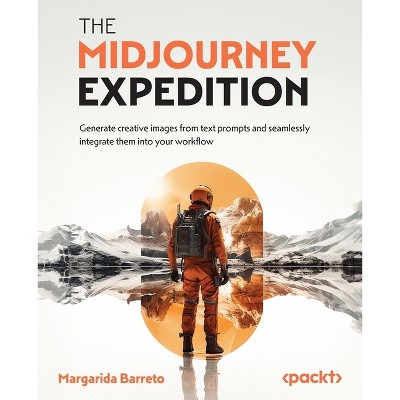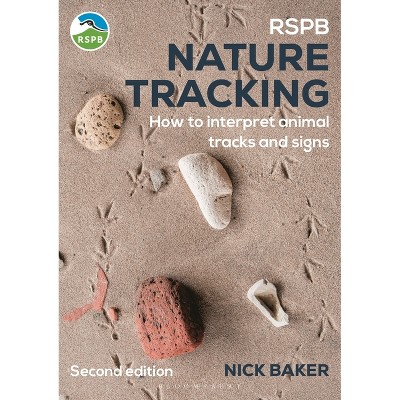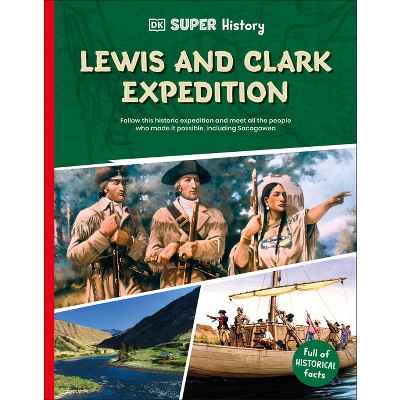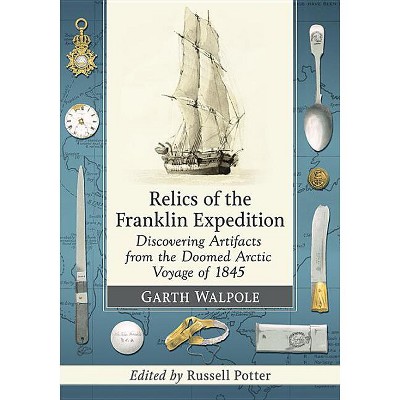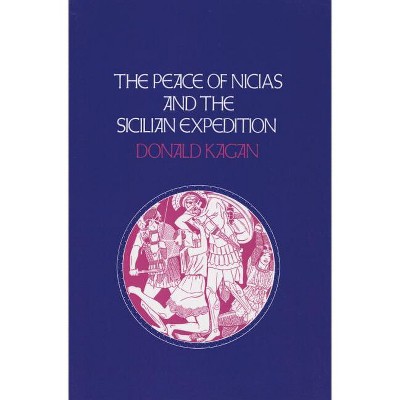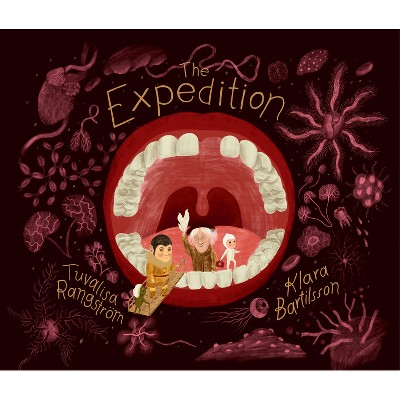Sponsored

Tracking the Franklin Expedition of 1845 - by Stephen Zorn (Paperback)
In Stock
Sponsored
About this item
Highlights
- The Franklin Northwest Passage Expedition of 1845 is perhaps the greatest disaster in the history of exploration--all 129 men vanished, as did the expedition's two ships, HMS Erebus and Terror.
- About the Author: Stephen Zorn is a retired lawyer and law professor.
- 209 Pages
- History, Maritime History & Piracy
Description
About the Book
"The Franklin Northwest Passage Expedition of 1845 is perhaps the greatest disaster in the history of exploration-all 129 men vanished, as did the expedition's two ships, HMS Erebus and Terror. Over the next 150 years, searchers found bones, clothing and a variety of relics. Inuit narratives provided some of the details of what happened to the frozen, starving sailors after they deserted their ice-locked ships in 1848. Then, in 2014 and 2016, Canadian researchers found the sunken wrecks themselves, not far from the bleak, windswept King William Island in the Arctic. At last, the mystery of the Franklin Expedition would be solved. Or would it? This book pulls together the various searchers' discoveries; the many recent scientific studies that shed light on when, how and why the men died (and whether, in extremis, they ate each other); and illuminates what we know, and what we don't and may never know, about the fate of the expedition, a mystery that may never be fully solved."--Book Synopsis
The Franklin Northwest Passage Expedition of 1845 is perhaps the greatest disaster in the history of exploration--all 129 men vanished, as did the expedition's two ships, HMS Erebus and Terror. Over the next 150 years, searchers found bones, clothing and a variety of relics. Inuit narratives provided some of the details of what happened to the frozen, starving sailors after they deserted their ice-locked ships in 1848. Then, in 2014 and 2016, Canadian researchers found the sunken wrecks, not far from the bleak, windswept King William Island in the Arctic. At last, the mystery of the Franklin Expedition would be solved. Or would it?
This book pulls together the various searchers' discoveries; the many recent scientific studies that shed light on when, how and why the men died (and whether, in extremis, they ate each other); and illuminates what we know, and what we don't and may never know, about the fate of the expedition.
Review Quotes
"An excellent starting point for the newfound Franklinophile... A breath of much-needed fresh air."-The Arctic Book Review
About the Author
Stephen Zorn is a retired lawyer and law professor. He was a government official in Papua New Guinea, a United Nations technical adviser and a journalist at the San Francisco Chronicle and the Boston Globe.Shipping details
Return details
Trending Non-Fiction












